“Bushcraft” is a term used interchangeably with “survival,” but they are not true synonyms. Bushcraft is the art of doing more with less and using nature’s resources whenever called upon. Survival is the art of getting by at any cost and is generally considered grittier than bushcraft. Many of the skills we train for today fall into the survival category — they will keep you alive but won’t win style points.
I’ve joked with my assistant instructors that bushcraft is over-engineering a process. Instead of putting a stainless-steel pot directly on top of the coals in the fire, bushcrafters will construct a potholder with five different types of wood. I’m exaggerating, but it gets the point across and reveals another. If you have time to craft, the sense of urgency is probably gone. Survival can be considered dire and short-term, whereas bushcraft focuses more on long-term sustainability in the outdoors.
Even though the crux of much of the training I’ve offered at Fieldcraft Survival has been on the survival side of the house, there is no doubt a bushcraft vibe exists in some of the skills presented in Wilderness Survival 1 and Wilderness Survival 2 (Formerly Basic Survival and Modern Survival). The knife I designed and have carried for years, the Gossman Knives Polaris, is first and foremost a bushcraft knife. My father’s history in the Philippines is a history of bushcraft in the jungle, and while at the Wilderness Learning Center, we taught both survival and bushcraft in the Basic Survival Course.
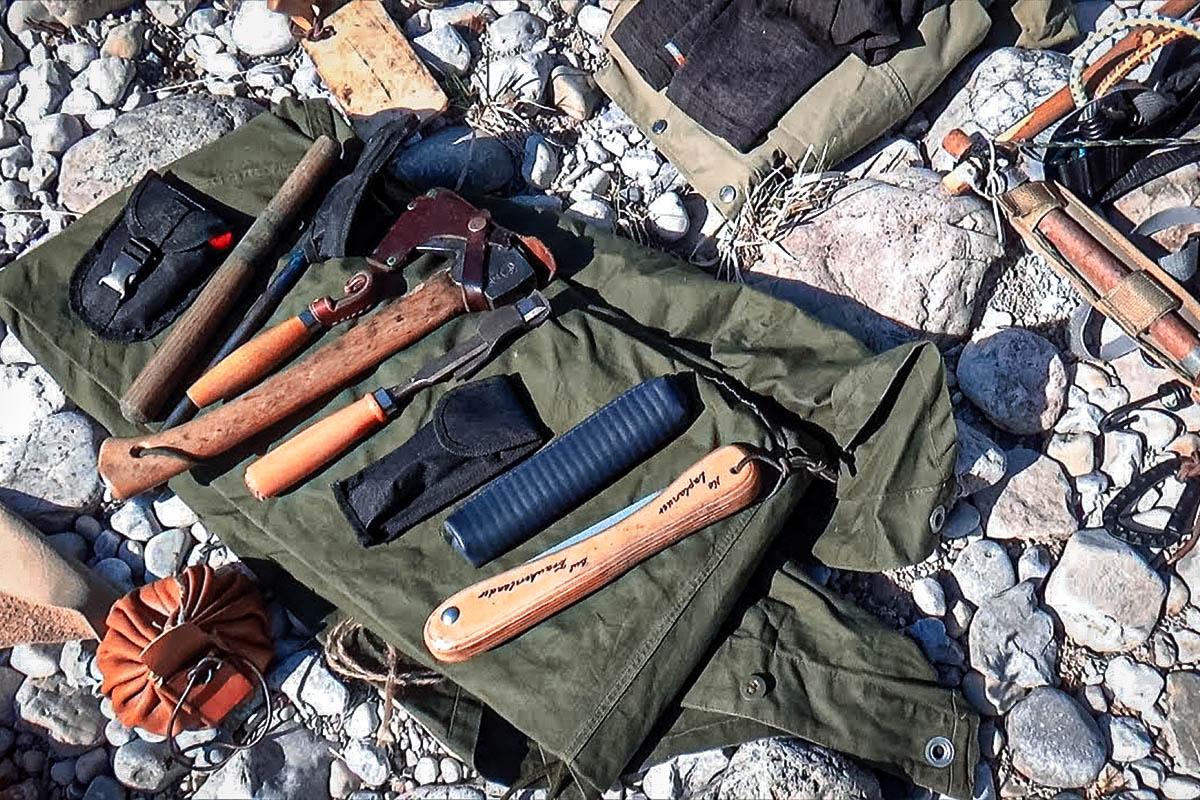
RELATED – Off Script: Free Range Q&A With Correy Hawk of Organic Archery
There are times when bushcraft and survival skills do overlap. I wouldn’t suggest being an exclusive student of one and not the other. I would recommend learning the strengths and shortcomings of both and finding a combination of the skills that you can call your own blend. That is what has defined my personal philosophy and the work I’ve done so far. At Fieldcraft Survival, our instructors will show you multiple ways in both survival and bushcraft classes and let you decide which way works best for you.
Bushcraft gear, traditionally, is characterized by wool, leather, carbon steel, and canvas. The equipment carried is highly stylized and attractive. Many outdoorsmen still prefer the warmth of a wooden ax handle over anything graphite or polymer. Traditional gear may or may not be as durable as modern counterparts, and it might be more expensive. Wool pants are definitely heavier than modern synthetic fleece pants, but if you are spending time by the fire and an ember lands on either pair, only one won’t be burned through and melt.
The bushcraft community can be warm and inviting, and it can also be extremely elitist. You can learn many skills from those who live the traditional way — harvesting plants, using axes daily, and immersing themselves in nature without modern leashes like cell phones. You may find you prefer using natural resources over those you pack as you learn how to unlock them from trees, plants, and rocks.
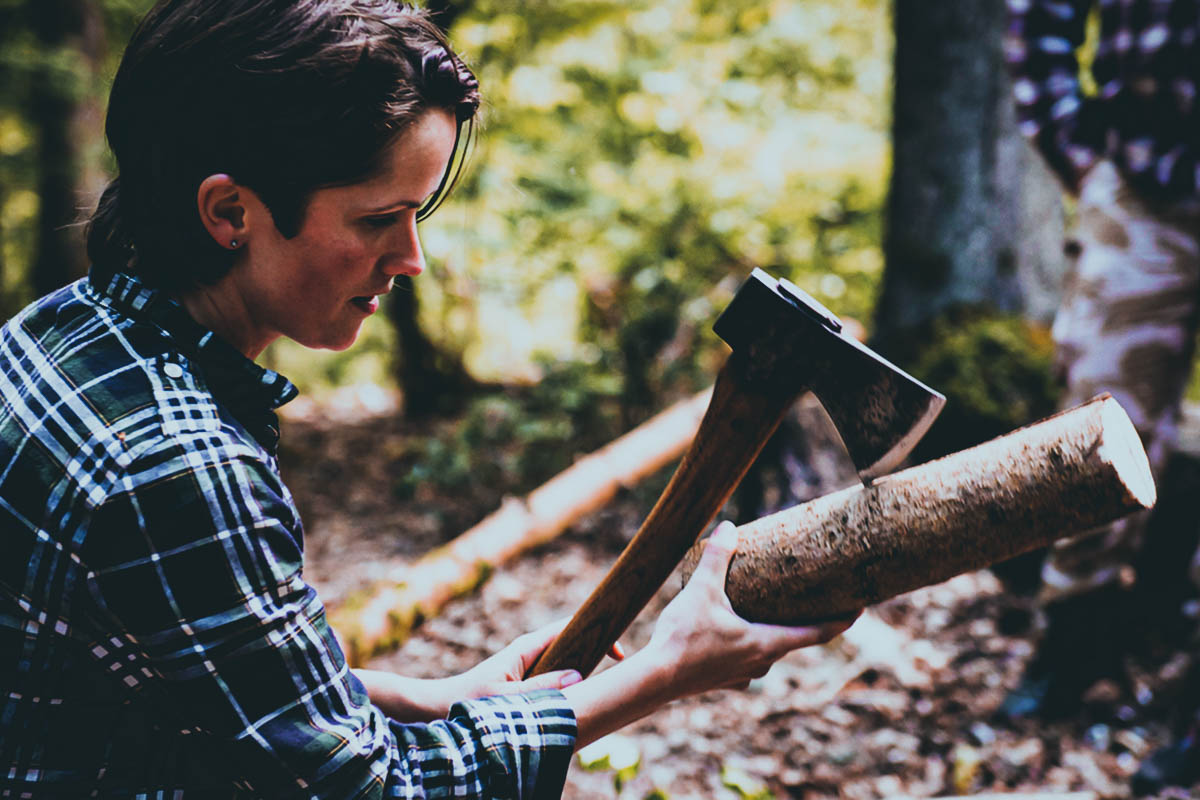
RELATED – Understanding Knives: Blade Shapes
Eventually, as you spend more time in the wilderness training in using “survival skills” and owning them, you will feel more at home among the trees. I don’t care how many years I’ve been teaching and training — the first night in the woods is always the adjustment night, and with each day that passes, I feel more accustomed to my environment and forget about the comfort of my bed at home.
It’s safe to say bushcraft is inevitable. The greater physical comfort you start to feel will have an effect on your stress level. Eventually, you will feel less urgency, and the idea of “man vs. wild” will become “man living with the wild.” I consider myself a Bushcraft and Survival Instructor with an emphasis on the “and.” I find value in the traditional skills like friction fire, but you won’t catch me traveling without a BIC lighter and Ferro rod in my pocket.
This content was originally posted by Fieldcraft Survival in October 2021.
READ NEXT – Things Worse Than Death: Why Laura Zerra Chooses a Life of Adventure

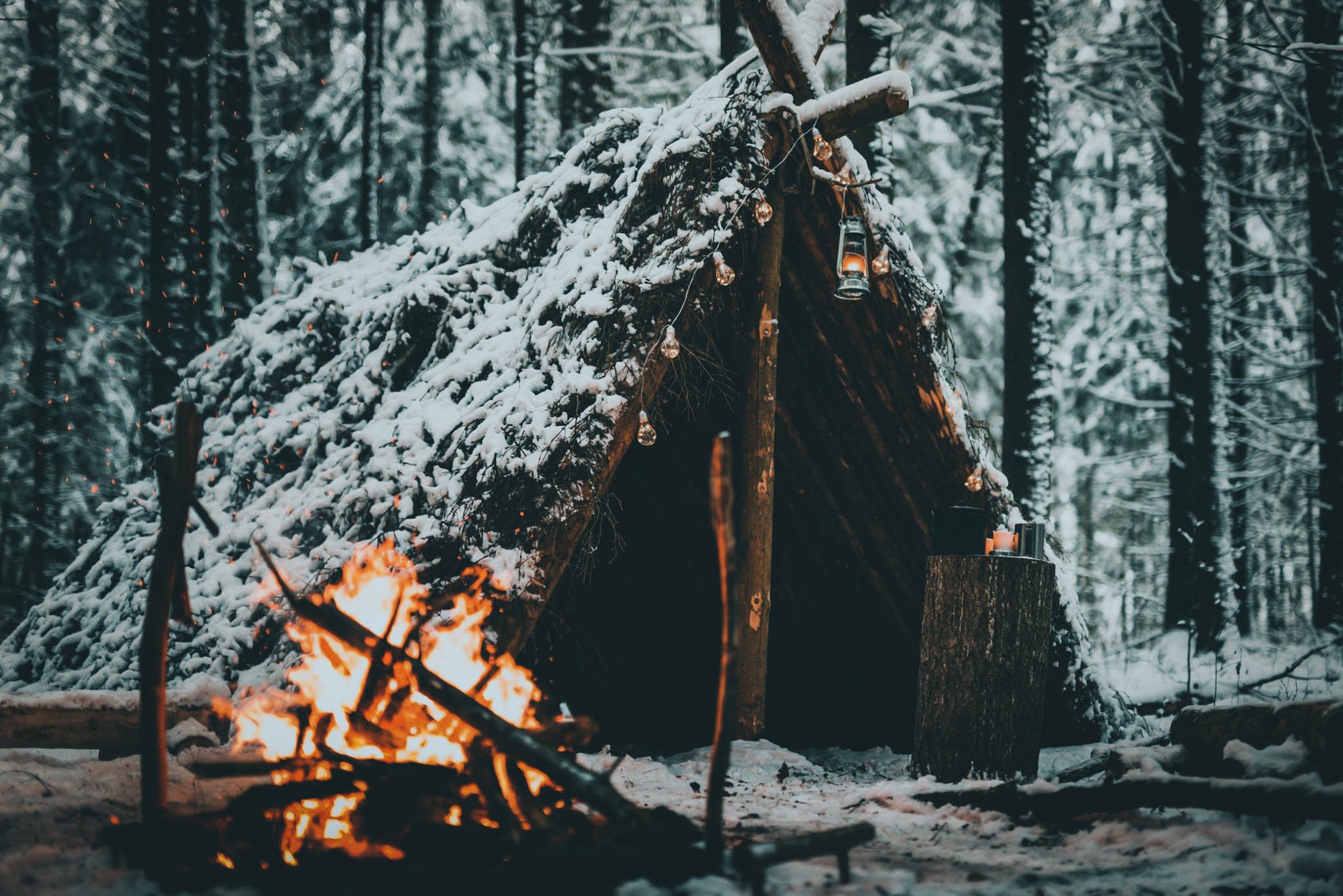

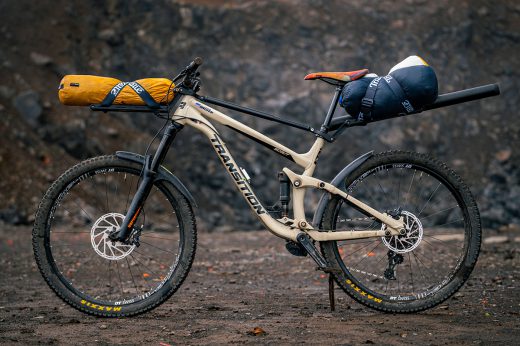
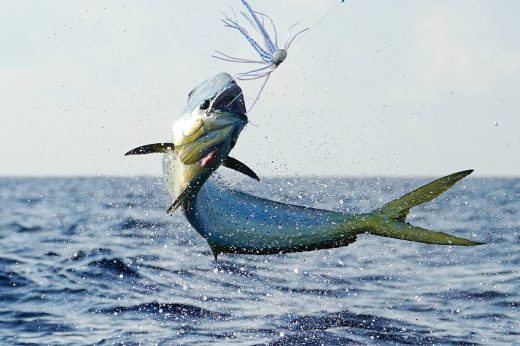
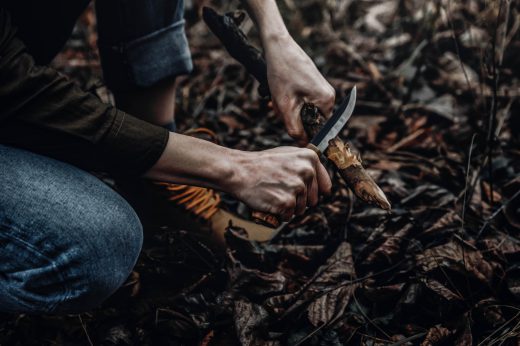


Comments